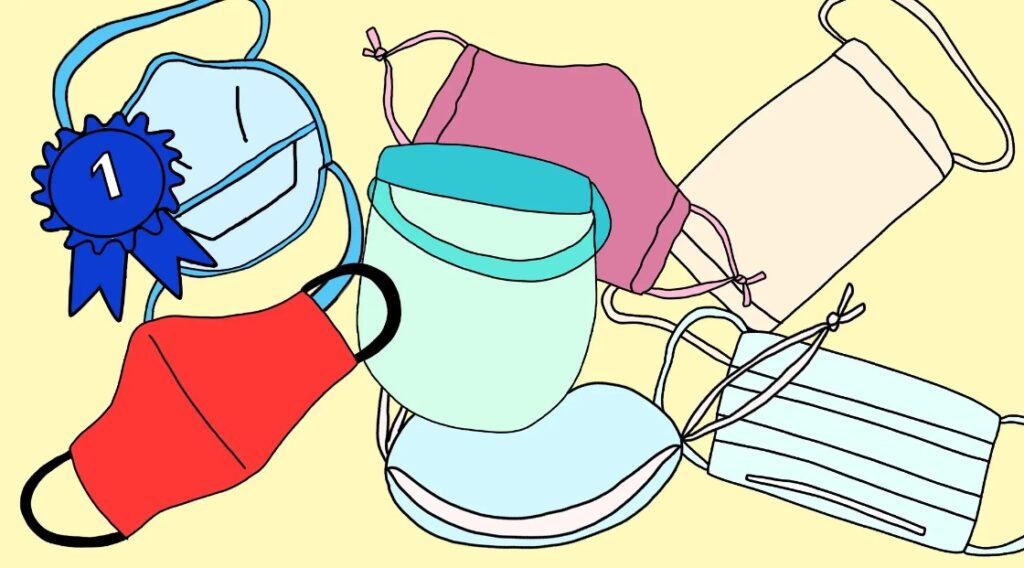
Dozens of people working for 11 different care providers have told the Guardian they paid thousands of pounds to agents to secure jobs working in UK care homes or residential care, with most finding limited or no employment when they arrived.
news, new scholarship & more from around the world

Dozens of people working for 11 different care providers have told the Guardian they paid thousands of pounds to agents to secure jobs working in UK care homes or residential care, with most finding limited or no employment when they arrived.

Researchers asked volunteers with COVID-19 to breathe into a contraption known as the Gesundheit II Machine, developed by Milton and colleagues to measure viruses in exhaled breath. Participants breathed into the machine for 30 minutes at a time and also repeated the alphabet, sang “Happy Birthday” and even repeatedly shouted “Go Terps!”—first with masks on, and then without. “Data from our study suggests that a mildly symptomatic person with COVID-19 who is not wearing a mask exhales a little over two infectious doses per hour says first author Jianyu Lai, a postdoctoral researcher at the PHAB Lab. “But when wearing an N95 mask, the risk goes down exponentially.”

Girls in Toxteth, 1998.




The origins of austerity and its relationship to capitalist ideology and practice extend far beyond the 2010s, or even the 1970s. Despite the recent emergence of an ‘Austerity 2.0’, it never went away. It has always been around in some form or another, from Tories to Labour, liberals to Keynesians.

Dr. Tamarah Moss, along with M.S.S. candidate Shelby Statham, is working to measure the outcomes of Human Rights Campaign Foundation’s Next Level pilot program, which is taking place at two LGBTQ+ community centers in Rochester, NY and Allentown, PA.

Gardens are human-made habitats, but they mimic the woodland edge, so they also hold on to water, slow down wind, create shade and provide food and homes for wildlife. In cities they can absorb pollution and help reduce urban temperatures. Crucially, they also link together to form vast corridors that connect other ecosystems (the woodlands, peatlands and other terrestrial systems mentioned above), enabling species to move between them, potentially giving them space to adapt to climate change. Of course, they also absorb and store carbon – in lawns, in the bark of trees, in the sludge at the bottom of garden ponds, in soil, in leaf litter and compost.